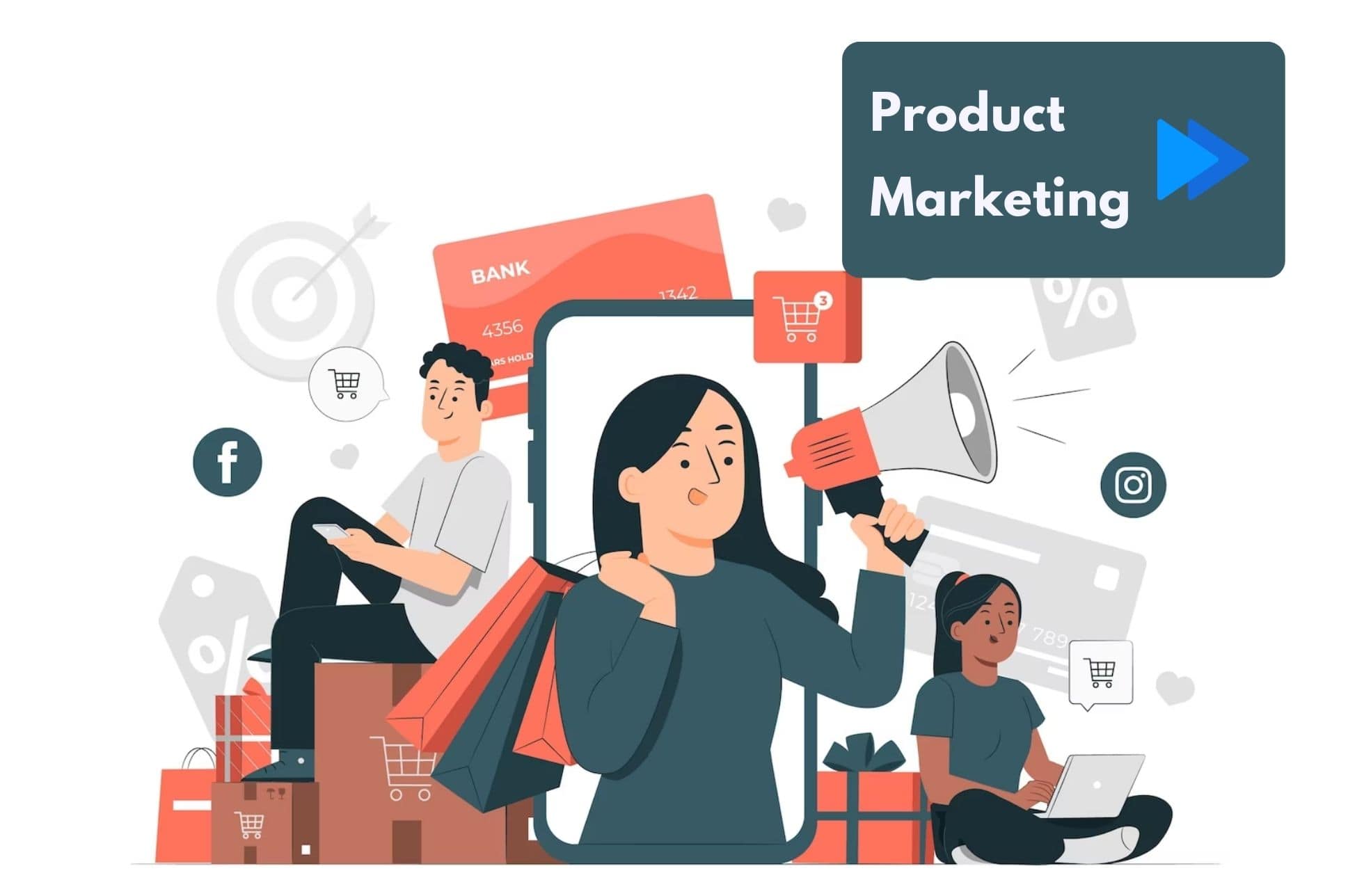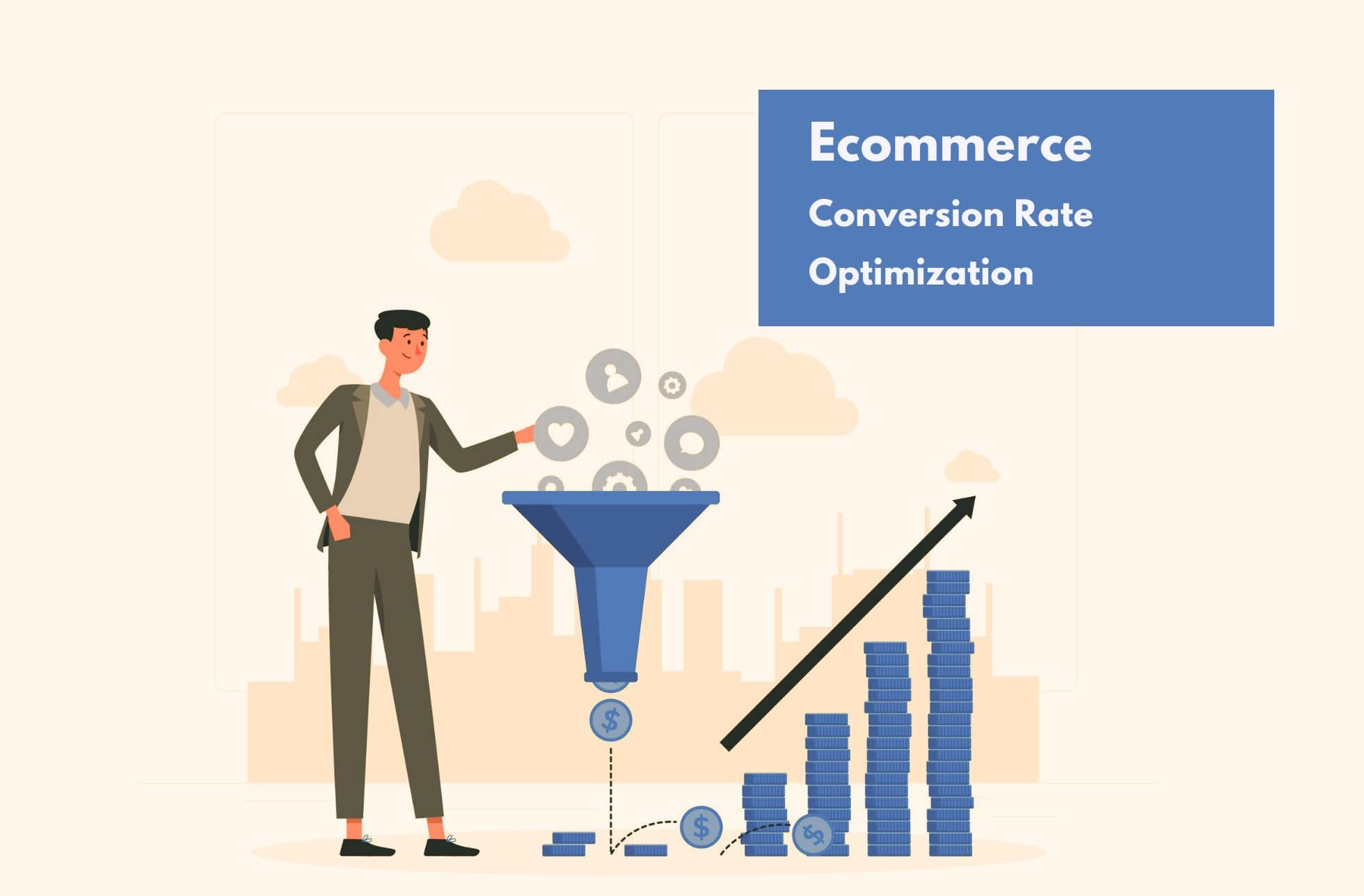Small businesses that want to expand their business have a unique opportunity thanks to ecommerce. And by 2040 it is believed that 95% of purchases will be made in digital commerce, according to a Nasdaq study published in 2017. It seems clear that the online sale of products and services has a promising future ahead of it. However, success or failure still depends on a good ecommerce marketing strategy for small businesses.
Can the most modest online stores compete with the giants of their sector? Although many would answer yes to this question, the truth is that there are various techniques designed to increase the attractiveness and reach of online business, attracting and retaining customers without investing a fortune.
Using the store wishlist for mailing, automating email marketing campaigns, opening a complementary store on Facebook or implementing a live chat are some of the best marketing practices for small businesses, regardless of their sector, product or target customer.
Use your shop’s wishlist for mailing
Customers have preferences in their purchases, and demonstrate it through wishlist. This list and the abandoned shopping carts are related. If someone has gone a long time without buying, or if there is a product that appears in many wish lists and you want to increase its sale, it is best to send an email to let interested buyers know.
Sending segmented emails from the wishlist will cause an immediate increase in visits to the store, which will have a positive impact on conversions.
Automate your email marketing
Task automation saves time and resources for small businesses, but also helps improve email marketing effectiveness. Emails are sent automatically because they have been programmed into previously established triggers. This increases the speed of sending messages at the right time and with information relevant to the consumer. In this way, the sending of emails is more effective and continuous.
The creation of segmented lists (such as users who have abandoned shopping carts or corporate blog subscribers) helps improve the effectiveness of automated marketing. For example, at the end of each month, emailing campaigns based on the wishlist could be carried out. Without a doubt, one of the most recommended small business ecommerce marketing practices.
Doing content marketing
To develop an effective ecommerce marketing strategy for small businesses, it is necessary to maintain close and direct contact with the customer. Content marketing is perfect to achieve this. One of the most popular formats is the blog, but there are other forms of content marketing.
Audio podcasts help present the online store experience or create a consumer community. Guest post, in addition to promoting a brand among influencers and bloggers, will help improve SEO positioning. Guides and white papers help customers get better results with the products they have purchased. Among the most brilliant examples of content marketing stand out:
● The Furrow, a magazine promoted by John Deere to promote their agricultural products.
● LEGO Ideas, a blog powered by the toy brand LEGO.
● IKEA Place, an augmented reality app from IKEA
Open a complementary shop on Facebook
The social network Facebook is a great option where to implement some of the best marketing ideas in e-commerce for small businesses. For example, adding a store to a brand’s fanpage will increase the number of visits, improve conversions and increase ROI. In addition, this Facebook store can be integrated with other stores open in other social networks, especially Instagram, as it is owned by the Zuckerberg platform.
Bet on including a live chat
Livechats allow customers to ask questions about the product they want to buy quickly, without filling out a form or making a phone call. The chat between customer and seller increases the possibilities of conversion, loyalty and improvement in the shopping experience. In addition, the live chat allows to know the different problems that consumers may have, which will also have a positive impact on sales.
Investing in social selling
Social networks such as Facebook, Instagram or Twitter cannot be missing in the ecommerce marketing strategy for small businesses, as they would be missing thousands of opportunities (only Facebook surpassed the 2,320 million active users at the beginning of 2019). The presence of a brand in these channels will increase the number of direct sales and will also allow users to share products and thus expand their reach. It is worth noting that brand prestige and recall will also be enhanced by the use of social networks.
Improving responsiveness and attracting mobile traffic
In order to increase the effectiveness of ecommerce marketing for small businesses, we must not forget mobile traffic (which accounts for more than 75% of total traffic, according to various studies). Any company should prepare its website to provide an optimal experience to users of mobile phones, tablets and other devices. According to a Comscore report, the number of consumers on mobile devices already outnumbers those who buy from their computer, which means that companies without a responsive version will not be able to benefit from these sales.
In short, ecommerce is an opportunity to increase the sales volume of a traditional store. Thanks to the different marketing tools available in the digital sphere, small businesses can compete on an equal footing with local e-commerce giants.




